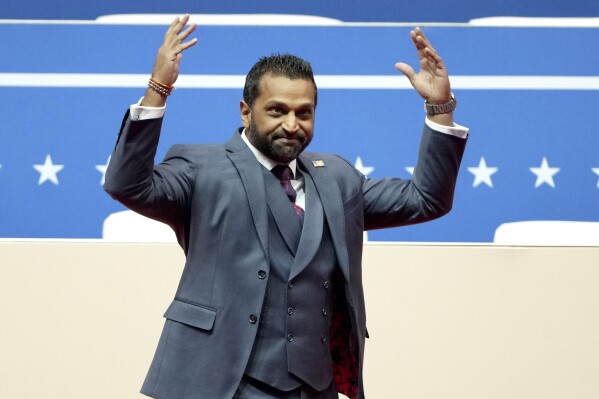The recent confirmation of Kash Patel as the new FBI Director has ignited intense debate within Congress and the public. Accused by Senator Dick Durbin of orchestrating mass firings at the bureau before his official appointment, Patel vehemently denies any purge or politically motivated actions. Republican leaders and Patel’s own team have likewise rejected the whistleblower allegations, suggesting the claim is an attempt to delay his ascendance to FBI leadership.
Shortly after enduring a contentious confirmation hearing, Patel returned to Las Vegas to await the final decision. At the hearing, concerns focused on his past work with former President Donald Trump, particularly his role challenging the 2020 election results. While seeking to reassure lawmakers about fair treatment of FBI agents who investigated Trump, Patel nonetheless drew further scrutiny by requiring thousands of bureau employees to complete questionnaires about their involvement in the January 6 probe. This prompted some agents to file an emergency lawsuit aiming to shield their identities, fearing possible retaliation.
Senator Durbin alleges that “highly credible” insider accounts implicate Patel in ordering FBI staff purges, but Patel’s allies maintain no such directive was ever given. Supporters argue his decisions merely align with the new administration’s priorities and vow that he will safeguard national security interests without political bias. During his confirmation, Patel insisted there would be “no politicization at the FBI,” emphasizing his commitment to strengthening trust in the agency.
Another flashpoint involves FISA (the Foreign Intelligence Surveillance Act). Although Patel acknowledged past abuses, he opposes additional warrant requirements for wiretapping U.S. citizens in national security cases. Critics worry that this stance could deepen civil liberty concerns, while proponents see Patel as a strategic thinker who recognizes the fluid nature of modern threats. In an op-ed published in The Wall Street Journal, Patel insisted he would focus on boosting congressional oversight, pledging more transparent cooperation with lawmakers to rebuild the public’s confidence in the FBI.
As the agency’s new director, Patel inherits a tense climate. Both the FBI and broader intelligence community are dealing with questions about surveillance, the aftermath of recent controversies, and how to balance public accountability with the urgent demands of national security. Patel’s track record in high-level defense and intelligence roles has prepared him for much of this scrutiny. Whether he can deliver the promise of rebuilding trust while navigating political pressures remains to be seen.
For further insight, visit Politico for an in-depth look at how Patel’s leadership might reshape the bureau’s future.
The questions hovering over Kash Patel—from alleged firings to his stance on sensitive investigations—underscore both the scale of the challenges he now faces and the significance of his new role. As he officially takes the helm, eyes remain fixed on whether he will uphold his pledge to keep the FBI above partisan influence, restoring a sense of equilibrium that many say has been lacking.

